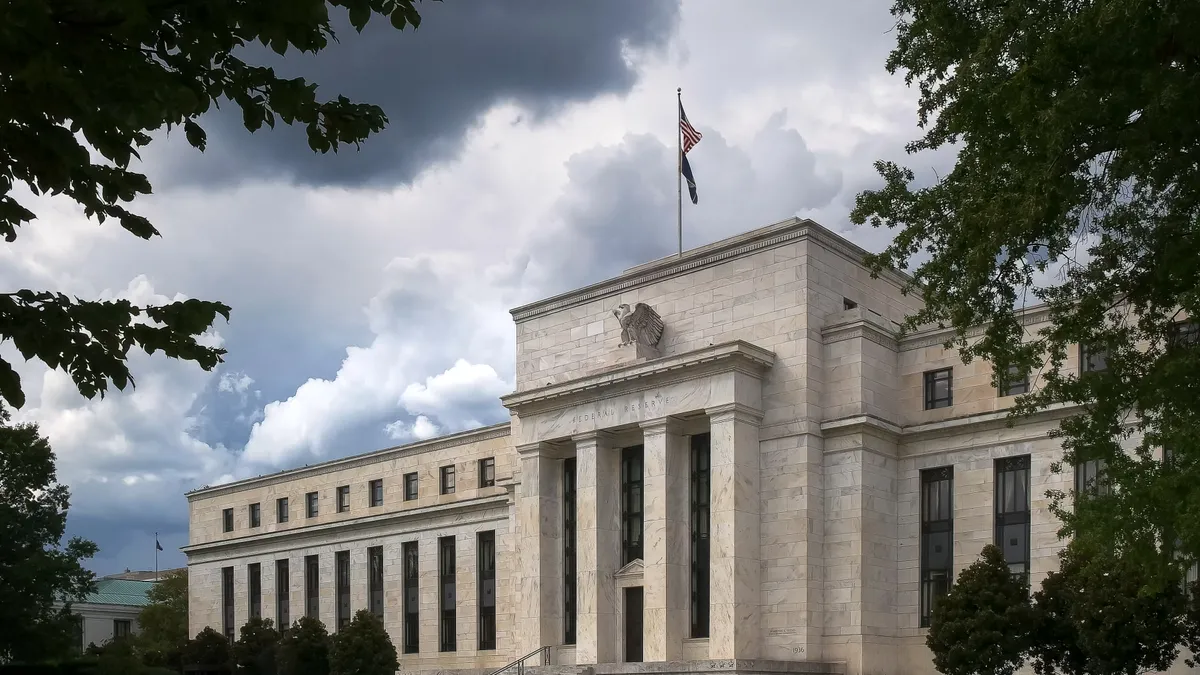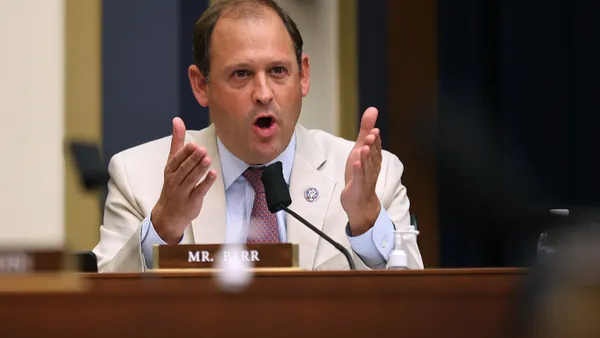A Wyoming federal judge on Monday denied Custodia Bank’s request for default judgment against the Federal Reserve Board of Governors in a lawsuit that alleges crypto-focused Custodia’s application for a master account has seen an “unlawful delay.”
The Fed board does not have to engage in standard discovery in the case, U.S. District Judge Scott Skavdahl ruled. Rather, it only must provide an administrative record, detailing the steps of its decision-making process with regard to Custodia's master account application.
Skavdahl on Monday gave the Fed until Feb. 9 to submit its administrative record, also known as Administrative Procedure Act (APA) discovery. That’s 90 days after the court issued a partial dismissal in the case.
The Fed had earlier asked the judge to dismiss the case entirely. Skavdahl narrowed the case to allegations of procedural violations.
Custodia argued that even though its suit brings claims under the APA, that alone shouldn’t exempt the Fed from full discovery.
Skavdahl said Monday that Custodia "reads too much into" the partial dismissal if it thinks the court ordered the Fed to engage in discovery.
The Fed accused Custodia of "feigning ignorance" of administrative law, according to American Banker. Custodia, in response, accused the Fed of engaging in a strategy of "obfuscation and delay."
An administrative record would be "incomplete and premature,” Custodia argued.
The Fed, meanwhile, has asserted an administrative record would be the quickest route to resolution.
The central bank, however, noted that the Kansas City Fed — the body in charge of evaluating Custodia’s application — would not qualify for APA exemptions and would have to submit a full discovery because, as an independent body, the Kansas City Fed is not subject to the same standards as the Fed board.
"The Federal Reserve Board of Governors must follow the rules, and that means answering the Complaint and participating in discovery," Custodia has argued. "The Board's paradoxical justification for dodging those twin responsibilities is worthy of Kafka."
Skavdahl, meanwhile, called Custodia’s logic “borderline nonsensical” with regard to the APA.
"The plaintiff is the master of the complaint and Custodia controlled how it asserted its claims," Skavdahl wrote Monday. "It cited to, quoted from, and relied on the APA for its primary (and primary surviving) claim, and the Board of Governors is not wrong to rely on and respond to Custodia's pleadings.”
Further, if Custodia believes the Fed’s administrative record — once it’s submitted — is lacking, "mechanisms are available to correct it,” Skavdahl wrote.
Nathan Miller, a spokesperson for Custodia, told Law360 that Skavdahl's decision still allows the bank to "pull back the curtain on a Kafkaesque decision-making process."
"We look forward to finding out who is responsible for the undue delay in Custodia Bank's application for a Federal Reserve master account, which has been pending for more than two years and counting,” Miller said.
The bank applied for a master account — which allows companies to move money through the Fed system without using a bank — in October 2020. The Fed’s standard form agreement indicates “[p]rocessing may take 5-7 business days,” according to Custodia’s complaint.
The Fed did not immediately respond to requests for comment from Law360 on Monday.















